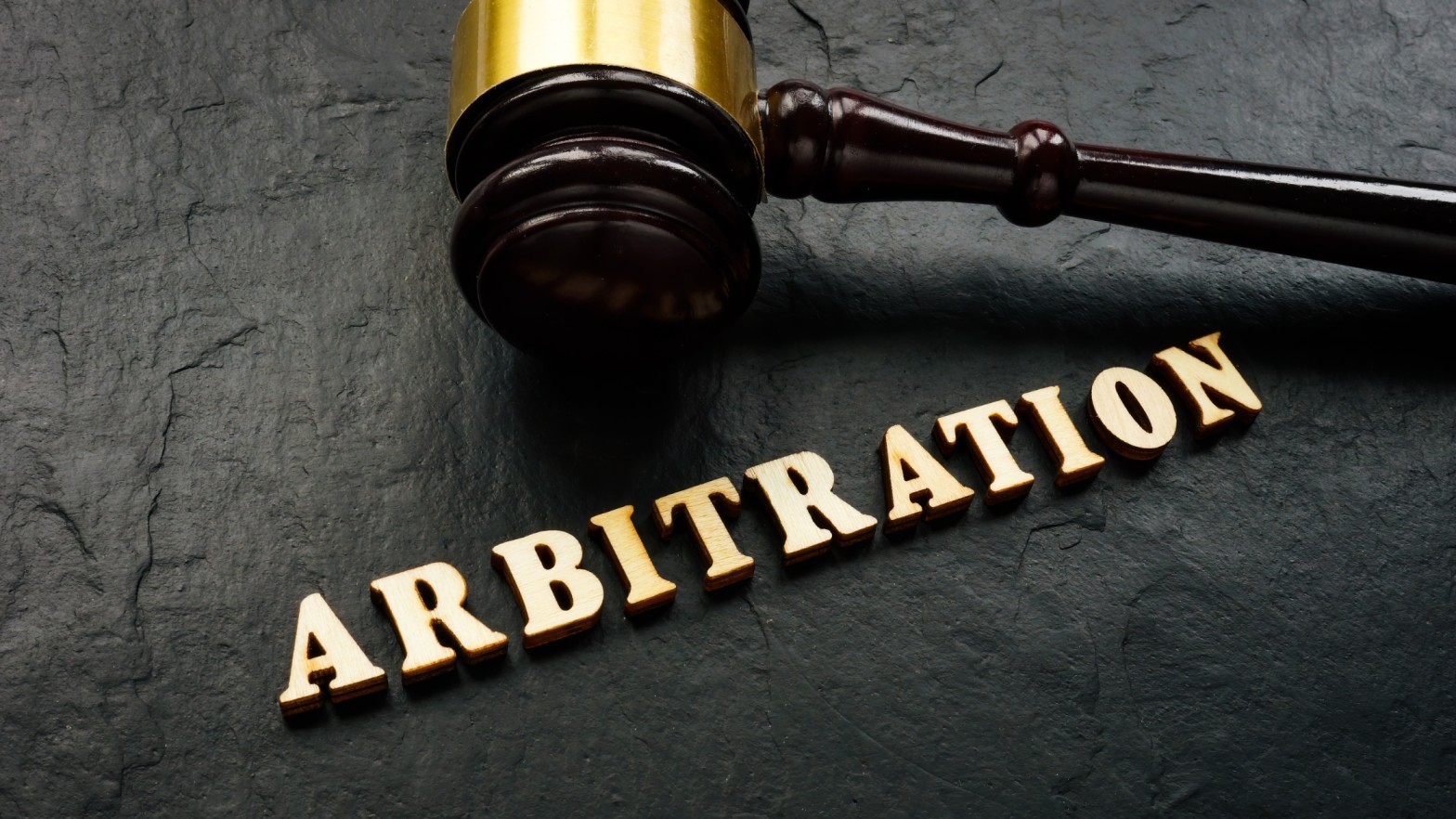Picture this. You’ve landed a big deal, signed the contract, and your business is thriving—until a dispute arises. Suddenly, you’re facing months of legal delays, rising costs, and the risk of reputational damage. This is where arbitration in the UAE steps in—not just as a legal alternative, but as a business-saving strategy.
In a dynamic and fast-paced business environment like the UAE, time is money—and reputation is everything. Savvy business owners are turning to arbitration because it offers a smarter way to resolve disputes: one that’s private, faster, and often more commercially sound than traditional court litigation. And with robust arbitration law in UAE, the framework is clear, enforceable, and business-friendly.
What Is Arbitration, Really?
Arbitration is a form of alternative dispute resolution (ADR) where disagreements are settled outside the court system by one or more neutral arbitrators. Unlike litigation, which is public and often slow, arbitration is private, confidential, and can be tailored to suit business needs.
Arbitration is especially useful in commercial disputes, construction disagreements, cross-border trade conflicts, and even partnership issues. In short, it works wherever fast and effective resolution is essential.
Why Arbitration Works So Well in the UAE
The UAE has made significant strides in becoming a regional hub for arbitration. This isn’t just a trend—it’s a reflection of how the legal system in the Emirates supports business growth. Here’s why arbitration is thriving here:
1. Legal Infrastructure That Supports Business
The arbitration law UAE follows global best practices. The UAE Federal Arbitration Law (Federal Law No. 6 of 2018) closely mirrors the UNCITRAL Model Law, which is a benchmark in international arbitration. This alignment gives foreign and local investors confidence in the integrity and predictability of the process.
2. Multiple Arbitration Centres
Businesses in the UAE have access to internationally recognised arbitration centres such as:
- Dubai International Arbitration Centre (DIAC)
- Abu Dhabi Commercial Conciliation and Arbitration Centre (ADCCAC)
- DIFC-LCIA Arbitration Centre (now DIAC)
These institutions provide clear rules, expert arbitrators, and enforceable decisions.
3. Strong Enforceability of Awards
A key reason businesses prefer arbitration is the finality and enforceability of awards. UAE courts are generally supportive of arbitral decisions and enforce them efficiently—especially if due process was followed and procedural rules were respected.
How Arbitration Saves Time
One of the biggest frustrations with traditional litigation is how long it takes. Court calendars, adjournments, procedural delays—these all add up.
Speedy Dispute Resolution
Arbitration lets both parties agree on a fixed timeline. Arbitrators can schedule hearings quicker than public courts, and urgent issues can be dealt with through expedited procedures.
Flexible Scheduling
No more waiting for a judge’s availability. In arbitration, parties and arbitrators set the timetable. This level of flexibility is critical for business continuity.
Result? Time saved translates directly into money saved—and fewer disruptions to your operations.
How Arbitration Saves Money
Many businesses assume arbitration is expensive. While upfront costs (arbitrator fees, administrative costs) may seem higher than court fees, the overall cost often ends up being lower. Here’s why:
Lower Legal Costs
- Shorter timelines mean lower lawyer fees.
- Fewer procedural hurdles and discovery obligations reduce complexity and expense.
- Many arbitration cases never require extensive hearings or appeals.
No Hidden Expenses
Unlike litigation, which can involve court delays and multiple adjournments (adding to your legal bill), arbitration’s streamlined process avoids hidden or prolonged costs.
Avoiding Penalties and Breach Costs
By resolving disputes swiftly, arbitration helps avoid contractual breaches, penalties, or delayed payments. That’s a direct financial win for businesses.
How Arbitration Protects Your Reputation
Disputes can tarnish even the most respected brands—especially when played out in public courtrooms. Arbitration keeps your business reputation intact by offering privacy and confidentiality.
Private Proceedings
Unlike court trials, arbitration is not open to the public. Hearings, documents, and awards remain confidential unless parties agree otherwise.
Controlled Narrative
You retain control over communications and disclosure. That means no headlines about your business dispute, no leaked details, and minimal impact on your brand trust.
For business leaders, reputation is often worth more than money. Arbitration understands that.
Industry-Specific Arbitration: How It Helps Key Sectors
Different sectors benefit from arbitration in different ways. Let’s take a closer look at how it plays out in high-stakes industries:
Construction and Real Estate
Construction disputes are often technical, involving complex contracts and timelines. Arbitration offers:
- Technical arbitrators with industry expertise
- Quicker dispute resolution to avoid costly project delays
- Confidentiality that protects future business prospects
Trade and Logistics
In industries where delivery timelines, service quality, or cross-border partnerships are involved, arbitration is often built into contracts as the preferred dispute mechanism.
- Neutral forums help avoid home-court bias
- Enforceability of awards under the New York Convention makes arbitration ideal for international deals
Tech and Startups
Startups and tech firms often face IP disputes, equity disagreements, or early-stage partnership conflicts. Arbitration offers:
- Speed (crucial in fast-paced environments)
- Confidentiality for sensitive data or trade secrets
- Customised procedures that suit innovative sectors
Arbitration vs. Litigation: A Quick Comparison
|
Criteria |
Arbitration | Litigation |
|
Speed |
Faster (3–12 months average) | Slower (often years) |
|
Cost |
Cost-effective in the long run |
Unpredictable, escalating costs |
|
Privacy |
Fully confidential |
Public proceedings |
|
Expertise |
Arbitrators can be industry experts |
Judges may not have sectoral knowledge |
|
Appeal |
Limited (usually none) |
Multiple levels of appeal possible |
| Enforceability (UAE) |
Strong under UAE arbitration law |
Strong but time-consuming |
Drafting Arbitration Clauses: What Business Owners Should Know
To enjoy the benefits of arbitration, your contracts must be carefully drafted. A poorly written arbitration clause can render the entire process useless.
What to Include in Your Arbitration Clause:
- Seat of Arbitration: e.g., Dubai, Abu Dhabi, DIFC
- Governing Law: UAE law or another jurisdiction
- Institution & Rules: e.g., DIAC Rules
- Language: Arabic or English
- Number of Arbitrators: Usually 1 or 3, depending on complexity
Why Expert Help Matters
Getting the arbitration clause right is a legal art. It requires understanding legal contract drafting, dispute resolution strategy, and sector-specific nuances. A vague or incomplete clause could make your dispute harder to resolve—not easier.
The UAE’s Global Arbitration Edge
The UAE isn’t just keeping up—it’s leading. International investors increasingly view the Emirates as a safe, neutral, and efficient arbitration destination.
- International Treaties: UAE is a signatory to the New York Convention
- Modern Laws: Federal Arbitration Law aligns with international best practices
- Free Zone Options: DIFC courts and ADGM offer additional arbitration venues under common law principles
For foreign investors and large corporations, this is a game-changer.
Final Thoughts: Is Arbitration Right for You?
If your business values speed, efficiency, privacy, and a predictable outcome, arbitration should be at the heart of your dispute resolution strategy. The UAE’s legal ecosystem, backed by a progressive arbitration law, is designed to make this possible.
Whether you’re drafting a contract, facing a dispute, or planning for growth—arbitration helps you keep the focus on business, not courtrooms.





